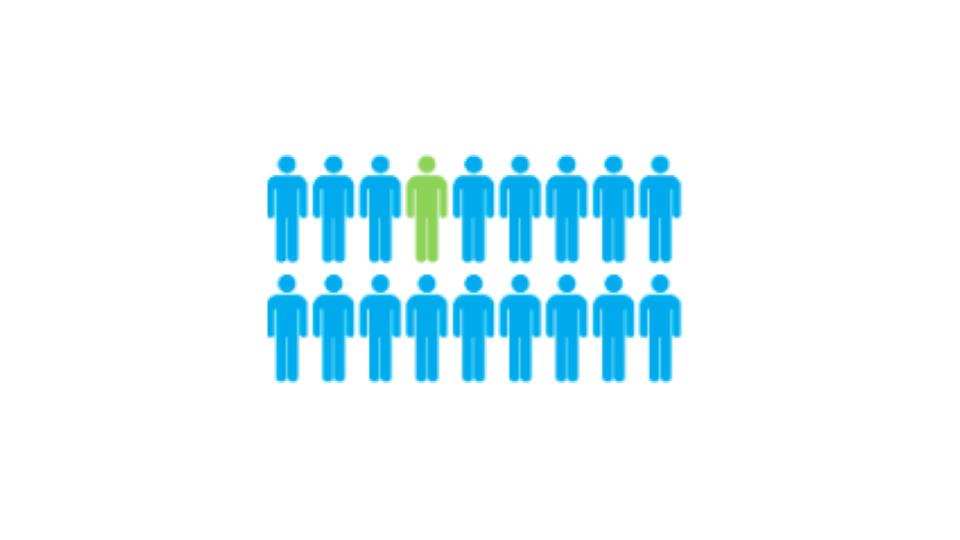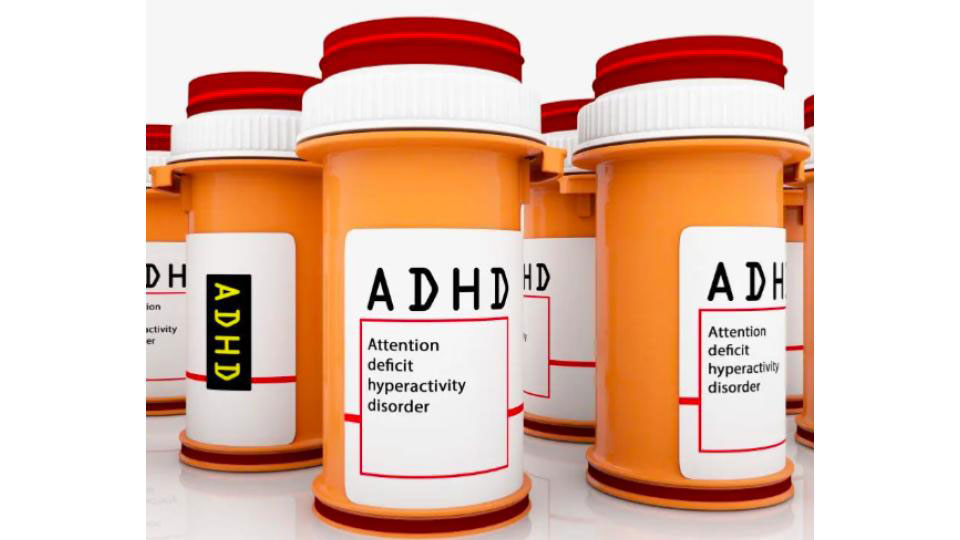Attention Deficit
Hyperactivity Disorder (ADHD)

Attention Deficit Hyperactivity Disorder Treatment
Attention deficit hyperactivity disorder (ADHD) is a developmental impairment of the brain’s executive functions. It is most often caused by genetics and runs in families. Some ADHD specialists refer to ADHD as a disorder of self-regulation. Self-regulation requires that a person have intact executive functions.
Executive function refers to brain functions that activate, organise, integrate and manage other functions. It enables individuals to account for short and long term consequences of their actions and to plan for those results.
ADHD in kids manifests in difficulty concentrating, sitting still, frequently missing assignments and studying at the last minute for exams. ADHD in adults is often seen with always being late for appointments/ meetings, chronic procrastination and picking on tasks that are interesting but not urgent over those which are urgent but not interesting (doing chores, paying bills etc).
This can be difficult to deal with, but we can help. At STEPS Center for Mental Health, we offer a wide variety of services to support children and individuals struggling with ADHD.
ADHD Diagnosis : Diagnosis for ADHD is done in the following manner
ADHD Diagnosis: ADHD Diagnosis is conducted by Dr Rastogi as part of the intake interview. Which includes diagnostic tools, understanding and recognition of symptoms and a detailed family history to check for genetic predispositions in children. On a case to case basis further assessments may be required.
Attention Deficit Hyperactivity Disorder Treatment Plan
Once a positive initial diagnosis for ADHD has been established, clients will be required to participate in a more detailed assessment for ADHD. This helps clearly identify symptoms and areas of impairment which then become the focus of treatment. A plan for treatment is then drawn up in collaboration with client and caregiver/s. ADHD treatment typically consists of therapy and / or medication.
ADHD and Therapy: Therapy sessions are conducted by a qualified psychologist who has an in-depth understanding and experience of working with clients who have ADHD. Sessions are typically weekly for 50 mins. Therapy goals are typically focused on the following: building acceptance of ADHD, recognising symptoms, increasing focus and concentration (to help with academic outcomes) and involving school and family and increasing their awareness so that there is a shared sense of responsibility between the client, school and family.
ADHD medication for kids is prescribed on a case by case basis and can greatly aid treatment. Medications affect the way parts of the brain communicate with each other. This can help increase alertness, improve working memory, and reduce hyperactivity. We encourage families to share apprehensions, if any, around using medications.
Time taken to treat ADHD depends on the degree of impairment. While there is no permanent cure for ADHD, symptoms can be managed effectively to prevent interference in day to day life and academics. The time for discharge in treatment for ADHD at STEPS varies between 6 months and 18 months with an average of 9 months.
Here Are Some Frequently Asked Questions About ADHD. Keep Reading To Learn More
ADHD is a thoroughly researched condition and the World Health Organisation states that ADHD occurs in 5.26% of the population. 1 in 20 children have ADHD and can present in a mild, moderate or severe form. ADHD can look different in girls and boys. Girls show mostly the inattentive type of ADHD called ADD. ADHD is also linked to other childhood disorders like ODD and learning disabilities.
ADHD has many behavioural signs and symptoms connected to it. There are different types of ADHD which can affect an individual or child’s life differently. This could include hyperactivity, difficulties with attention, and impulsivity. General eneral symptoms of ADHD can include:
- Difficulty focusing
- Difficulty sitting still
- Forgetfulness
- Not remembering to finish tasks and activities
- Inattention to details
- Trouble listening
- Interrupting and disrupting others
- Disorganization
- Being easily distracted
- Having poor impulse control
- Impatience
- Excessive talking
- Frequently losing things
There are many unspoken aspects of ADHD like rejection sensitivity, hyperfocus, masking, etc. which are not included in the DSM. Strategies to manage ADHD and therapy are used in conjunction as part of the ADHD treatment plan.
Schools can also provide accommodations for the child with ADHD to make learning better and more effective.
There are strategies that parents can use to help and guide their child. Children with ADHD have different learning styles and can benefit from certain strategies such as body doubling for better concentration. ADHD is much more common than we realise and there are many celebrities and athletes who were diagnosed with ADHD and were able to find success in their careers.
About 33% of children appear to grow out of ADHD. This doesn’t mean that ADHD gets cured, it is just that the impairment gets so insignificant it cannot be detected. However, in 66% of children, some amount of attentional difficulties will continue to stay and they will meet criteria for at least mild to moderate Attention difficulties.
Historically, ADHD was seen as a child disorder. Often, it is assumed that if you are not diagnosed as a child or adolescent, you cannot be diagnosed with ADHD. however this is not true.
In our clinic as well as internationally, often adult parents are being diagnosed when their child is being diagnosed because this is heavily genetically connected. We know through research that about 80% of ADHD is genetic. This is also your experience during your child’s initial assessment when parental tendencies were discussed in detail.
ADHD Treatment requires us to first understand its severity and the areas in life that are impacted. In population-based studies, diagnosable ADHD is seen in about 5 to 10% people with ADHD and one can assume that there is another 10% with subclinical or compensated ADHD. This calculation takes the prevalence of clinical as well as subclinical ADHD to be 20%.
ADHD diagnosis includes an intake assessment, to quantify the severity of ADHD as well as any difficulties that make ADHD easier or harder to handle.
ADHD and therapy & parent work: Once areas of difficulties have been identified, it is very important for the child and the parents to understand and accept both the areas of difficulties as well as strengths. Strategies for ADHD require a certain amount of trust between both parent and child. This is the main thrust of treatment. Acknowledgement of the child’s strengths and weaknesses and allowing parents, friends, tutors to support the areas of difficulties.
School supports: once the above process has been started, we need to optimise school supports. This requires a certain ring if the child needs any accommodations at school for example if time management is an issue, the child would benefit from 25% extra test time as he is unable to use the given time most effectively.
ADHD Medication: this is decided on a case-by-case basis with special care taken in prescribing ADHD Medication for kids and adolescents who have moderate to severe symptoms. ADHD medications for kids are very well researched and have been around since the 1950s. The approach to medications is to be objective, not to overvalue them but not to devalue them either. Since this is a nuanced issue, it will be addressed in detail during the appointment.
Related Blogs

Treating OCD at STEPS


Types of Obsessive Compulsive Disorder

Obsessive Compulsive Disorder Overview, Symptoms and Prevalence

Treating ADHD at Steps : Therapy

